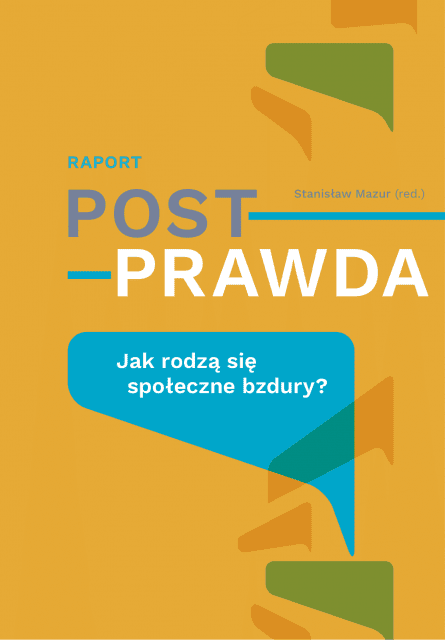Researchers from the Krakow University of Economics (UEK), in collaboration with scientists from other universities, have investigated how we understand the world. The result is the latest report from the UEK Centre for Public Policy ‘Post-truth. How is social nonsense born?”
The idea of the report is to unmask and analyse the mechanism of the creation and dissemination of post-truths. Its authors call them “social nonsense”.
“It is important for us to present the mechanism and tools for limiting and eliminating “social nonsense” from the public space”, says Dr Stanisław Mazur, Rector of the Krakow University of Economics and editor of the report. “We also decided to take a look at how the destructive potential of post-truth became a weapon of the Russian propaganda war accompanying the barbaric invasion of Ukraine”, adds the Rector of the UEK.
The term ‘post-truth’ has gained so much importance in describing socio-political reality that in the annual Oxford Dictionaries poll, the editors named it as the word of the year 2016. This was justified, among other things, by the fact that the term ‘post-truth’, increasingly used in various types of political commentary and important publications, has ceased to have a peripheral meaning and has become a term of its own, requiring no additional explanation or definition.
‘It was the Brexit referendum in the UK and the presidential election in the US that made the term a recognisable concept and increasingly present in public discourse. And the aim of spreading post-truth is to build a specific image of the world and to achieve assumed results, even at the expense of questioning knowledge or scientific facts’, notes Dr Stanisław Mazur, Professor at UEK.
The report ‘Post-truth. How is social nonsense born?” was prepared by a research team: the Krakow University of Economics, the Jagiellonian University in Krakow and the University of Warsaw.
Adrian Andrzejewski





